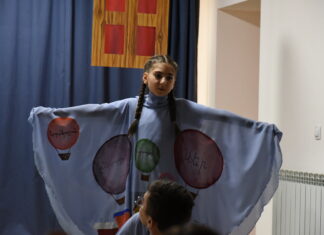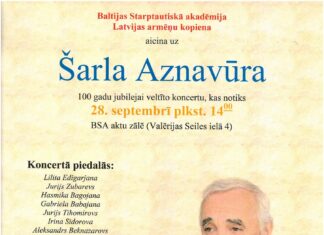By Daphne Abeel
Special to the Mirror-Spectator
Turkey: The Permanent Putsch byErol Ozkoray, with a preface by Nikos Lygeros. Translated from the French by Aram Arkun. Institute Chobanian. Paris. 2011. 55 pp. $9.95. ISBN: 978-2- 917329-22-1
This small pamphlet packs a powerful punch. In his introduction, Nikos Lygeros compares Erol Ozkoray’s Turkey: The Permanent Putsch to an earlier salvo by the French writer, Emile Zola, who in 1898, accused the highest levels of the French army of corruption and anti- Semitism, regarding the prosecution of the French officer, Alfred Dreyfus for alleged espionage.
The author, Ozkoray, a journalist-writer-activist, was arrested by the army general staff in Turkey in 2000 for criticizing the Turkish military. He was cleared of all 15 cases against him, and now resides in Paris, where in 2010, he published this short work in French, recently translated into English, under the auspices of the Chobanian Institute (a sister organization of Baikar), and with the financial support of the Armenian Rights Council of America. Major contributors are Hagop Vartivarian of New York and Arsen Demerjian of Chicago.
The pamphlet presents a broad-brush attack on the Turkish military, often known as “the Deep State” or Ergenekon. Ozkoray argues that the question of membership in the European Union has aroused an especially virulent and — to some extent hidden — form of fascism and totalitarianism practiced by the military.







